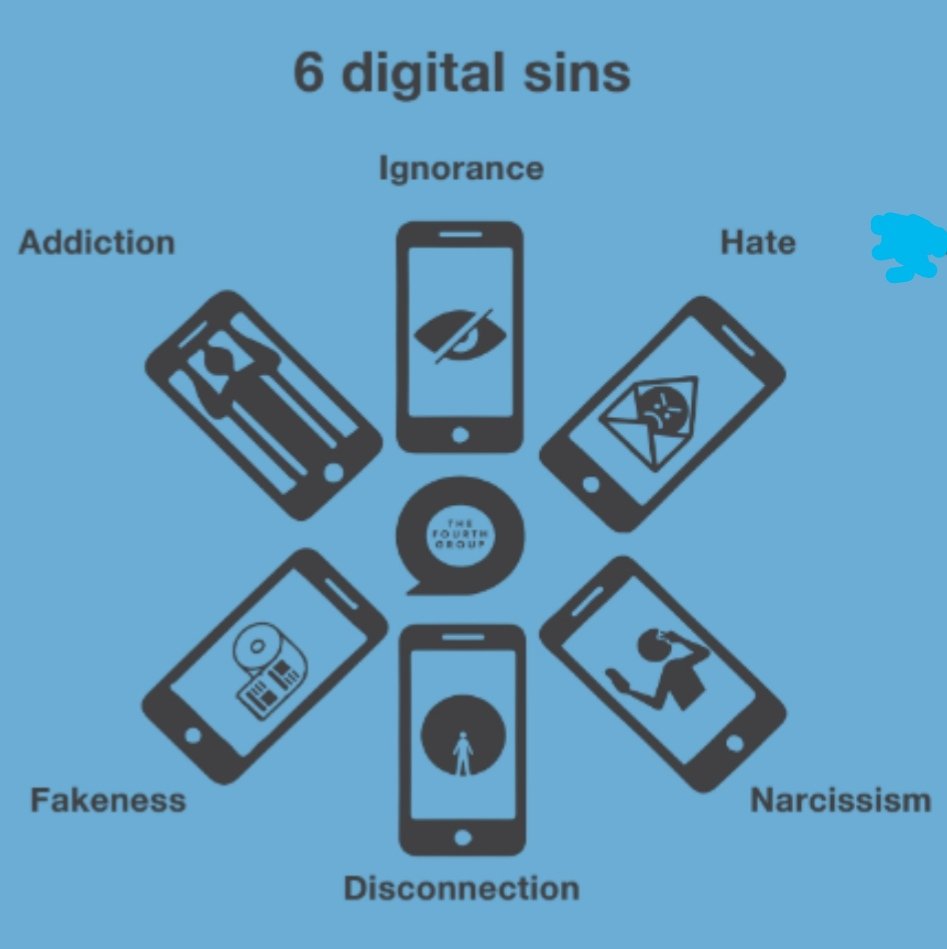On Tuesday 13th November, the Fourth group held their annual Politics Summit. The Fourth Group, a public advocacy group that represents citizens’ interests in an ever-growing digital era is founded by Alvin Carpio. Their mission, is to essentially shape technology for all people, ensuring that everyone’s voice is heard.
When it comes to the digital age, we need to think about the how we as millennials can hold others to account for the use of our data.
Accountability
Nowadays, social media is the most efficient way to keep up with the latest news updates. Social media pushes and even obligates people to be accountable but an effective leader must be willing to be accountable without having the pressure to do so.
Many politicos have used social media to their advantage, by bombarding Twitter, Facebook and Instagram with heartwarming pictures and videos, making it an an easy place to gather supporters and even avoid mainstream media. But every rose has a thorn, and even social media has also brought an end to many political careers. According to POLITICO, in 2016, former Republican US presidential candidate Ted Cruz fired his spokesman, Rick Tyler, “for misrepresenting a video clip on social media that made it seem as though rival Marco Rubio was mocking the Bible” – a blatant attempt of social media manipulation gone wrong.
It’s a place where people have access to all manner of things, whereby many major news outlets have taken material from social media and broadcasted it. Director of the Global Social Entrepreneurship Network, Peter Ptashko, stated that two out of the six digital sins are ignorance and disconnection – two factors that affect our current leadership during this digital age, in that they are ignorant to the power and effect of social media causing them to be disconnected from their constituents as a result – which in turns leads to a lack of accountability.

Tech-savvy
Carrying on from the need for accountability of the leaders in a digital age, leaders would also need to primarily be ‘tech-savvy’, in that they would need to have an awareness of how to operate in a digital world so as to be able to be relatable to their constituents. Having said that, the most significant attribute of being a tech-savvy leader is the ability to communicate with different levels of tech ‘saviness’. This is needed in order to be able to relate to younger age groups who are very technologically knowledgeable and also to elderly groups who may well have a limited understanding in this area. Though a ‘tech savvy’ (political) leader may sound like a utopian concept, such a leader is the future of politics in age where the escape from technology with the hope of still remaining in touch with politics, is next to impossible.
Having said all this, there is no obligation for Theresa May to begin Snapchatting everything she says and does in the House of Commons or at EU negotiations, but rather there is (or should be) an obligation for current and future leaders to be aware of the ever-growing impact of technology in society, both in and outside of politics, and to respect and yield to that.
Kerric Harvey, author of the Encyclopedia of Social Media and Politics, stated: “Both the technology itself, and the way we choose to use the technology, makes it so that what ought to be a conversation is just a set of Post-it notes that are scattered,”. If we are to be true leaders in a digital age, we must hold the responsibility of making sense of these scattered notes and forming a clear bridge of trusted communication between the leader(s) and the citizens.


